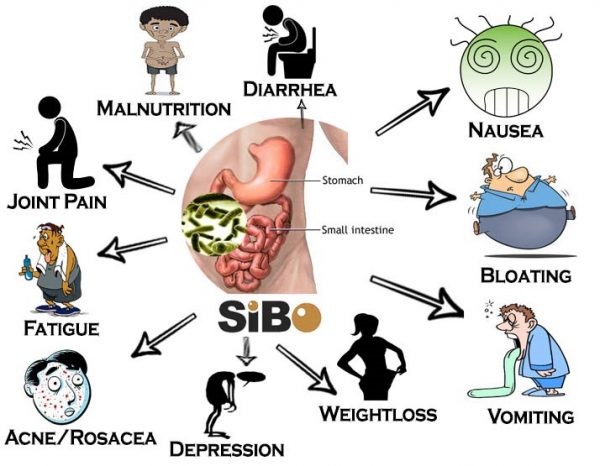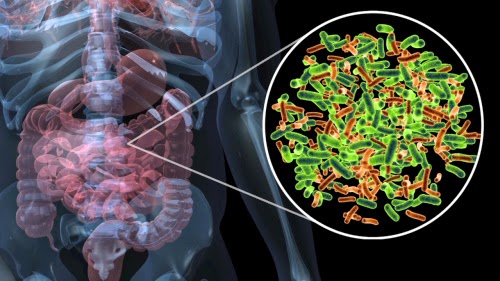
If you are using antibiotics, antifungals or Pepto-Bismol, wait at least 2 weeks from your last dose before beginning the test.Wait at least 4 weeks from colonoscopy or barium enema before beginning the test.We use proven testing protocols and carefully follow manufacturer guidelines to secure definitive results for our patients.įor accurate test results, certain foods, drinks, supplements, and medicine must be avoided before the test: The premise of breath testing is to measure the levels of certain gases to expedite accurate diagnoses. This method has been widely used for many years at institutions including Johns Hopkins Hospital and Health System. How accurate are the Lactulose Breath Test results?īreath testing is a noninvasive method of diagnosing various conditions. If the gas levels rise quickly and to an abnormal level, a diagnosis of small intestinal bacterial overgrowth can be made Gas levels rise as the sugar solution passes through the intestine resulting from fermentation of the sugar by bacteria. In this test, lactulose, which is a non-absorbable sugar solution, is swallowed and hydrogen and methane gases are measured in the patient’s breath at regular intervals. What is the Lactulose Breath Test for SIBO? Which type of gas and the level of the gas inform the doctor about the location of bacterial fermentation in the intestine.

Lactulose breath testing delivers “food” to bacteria and then measures the levels of hydrogen and methane gasses in the breath. Gasses in the bloodstream travel to the lungs and are expired in exhalation breaths.

This results in the production of gasses that permeate the intestinal walls to enter the bloodstream. Bacteria that live in the intestinal system digest foods that pass through. This test takes an hours-long observation of the activity of bacteria in the intestines. The Lactulose Breath Test is a common method of screening for SIBO in patients who present with characteristic symptoms. This includes gently palpating the abdomen and ordering or performing various tests. A physical examination is also performed. In our gastroenterology office, patients undergo a thorough consultation, medical history, and review of symptoms. SIBO can be a challenging diagnosis that may not be made until a person sees a specialist.

Complications of surgery can also lead to small bowel bacterial overgrowth. Small bowel bacterial overgrowth typically occurs as a complication of certain medical conditions such as Crohn’s disease, diabetes, AIDs and other immune disorders, problems with the motility of the intestinal tract, and others. What causes small bowel bacterial overgrowth? But when these bacteria proliferate in larger-than-usual numbers and cause problems, it’s known as small bowel bacterial overgrowth. Some amounts of bacteria present in the small intestine is normal and healthy for its proper function. What is small bowel bacterial overgrowth? Also known as: small intestinal bacterial overgrowth, SIBO.


 0 kommentar(er)
0 kommentar(er)
